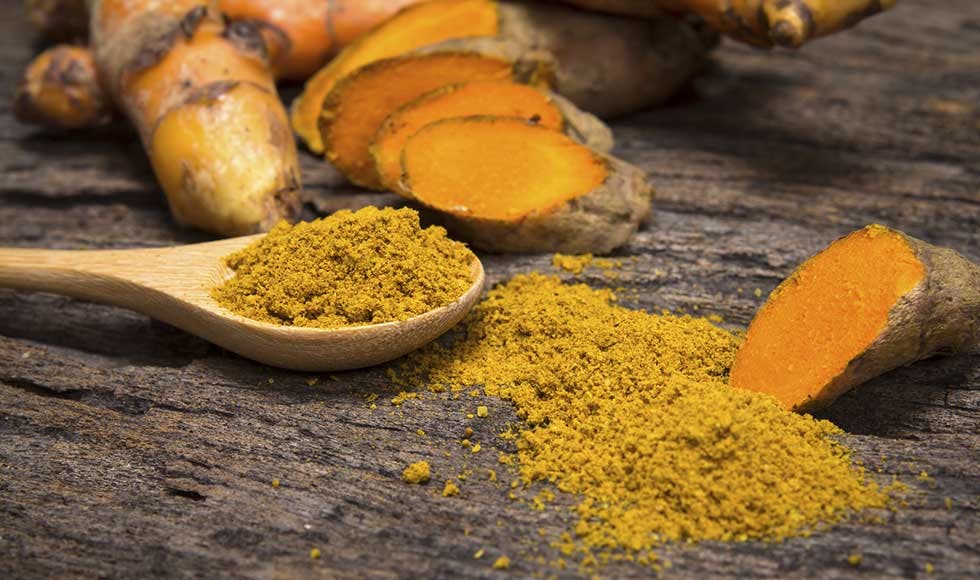Just as the rest of our bodies undergo change as we get older, our brains also change with age. As a result, we may be at risk of a decrease in memory and cognitive function, but there are things we can do to help the health of our brains.
About the brain
The brain is part of the central nervous system and it is involved in almost every function in the body.
The brain comprises of four main parts: the brainstem, the diencephalon, the cerebellum and the cerebrum.
Our brains contain billions of neurones which are the basic cells of the brain. Neurones communicate with each other and with other cells in the body to control mental and physical processes.
How the brain changes with age
Some of the changes that occur in the brain as we get older include:
• Shrinkage of some neurones
• Free radical damage
The areas of the brain that are at a greater risk of these changes are involved in memory, learning and complex mental activities.
How to maintain the health of our brain
Our brain, like the rest of our body, requires good nutrition, and it can be supported with brain-friendly foods and nutrients, plus exercises for the mind as well as the body.
Brain food
Carbohydrates: glucose, an important carbohydrate, is the major fuel needed for the brain. Choose carbohydrates that are low on the glycaemic index (GI) as they will provide a slower, sustained release of glucose. Include whole grains, legumes and lentils, pears, berries and apples.
Fresh vegetables and fruit: these provide a good range of antioxidant nutrients to protect against free radicals. Choose a combination of coloured veggies such as orange, red, yellow and dark green. Berries, kiwi fruit and pomegranate are good fruit choices.
Fish, nuts and seeds: these provide essential fatty acids for healthy neuron membranes.
Lean red meat, chicken, fish and tofu: these contain protein and provide amino acids needed for synthesis of neurotransmitters, the messengers of the brain.
Move it or lose it
Physical exercise supports not only a healthy lifestyle but also our brains. Physical exercise helps to maintain adequate blood flow to the brain and regular cardiovascular exercise, such as walking and swimming, has been found to benefit cognitive function.
Use it or lose it
We need to exercise our brain just as much as we need to exercise the rest of our body. Exercising the brain is thought to build reserves of healthy brain cells and the connections between them. Great brain exercises include:
• Puzzles such as crosswords and sudoku
• Reading
• Learning a new language
Supplement support
High DHA Fish Oil: the omega-3 fatty acid DHA (docosahexaenoic acid) makes up 40-50% of brain tissue. Maintaining optimal DHA levels helps to maintain mental and cognitive function.
Ginkgo biloba: ginkgo may help to improve memory and concentration. The use of ginkgo goes back as far as 2800 B.C in China where it is still used today to "benefit the brain".
Remember with Rosemary
Rosemary has long been associated as a tonic for the mind. Ancient Greek scholars often wore garlands of rosemary during examinations to improve memory and concentration.
Renowned English herbalist Nicholas Culpeper wrote of rosemary's benefit for "dullness of the mind and senses" in Culpeper's Complete Herbal in 1653.
In Australia sprigs of rosemary are worn on ANZAC day as a symbol of remembrance.
References available on request






